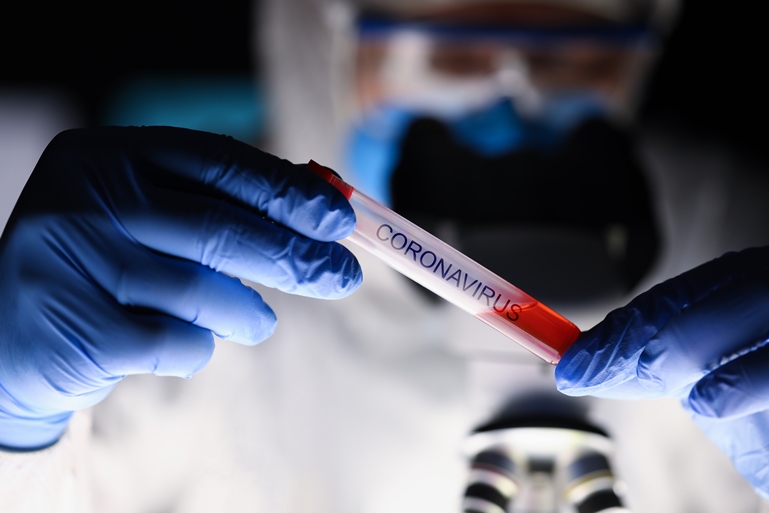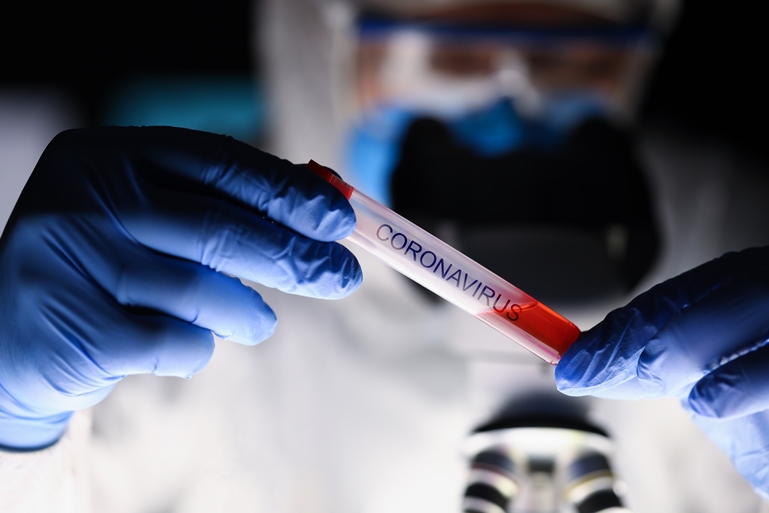
COVID-19 is a dangerous form of coronavirus which has rapidly spread around the globe in recent months. With a high rate of transmissibility and high death rate, COVID-19 has already been declared a public health emergency of international concern by the World Health Authority (WHO).
There is currently no vaccine or effective antiviral treatment for COVID-19. However, researchers have made several breakthroughs in recent weeks which indicate a vaccine and stem cell treatment for patients with COVID-19 may be available sooner than expected.
What is COVID-19?
Coronaviruses (CoV) are a group of viruses which cause respiratory illnesses. The severity of specific types of coronavirus can vary greatly. The least severe viruses have symptoms similar to the common cold, while the more severe viruses can cause respiratory distress leading to death.
In late 2019, a new strain of coronavirus was identified in China, which was later named COVID-19. It is a novel virus, which means it has never been seen before. As a result, the traditional vaccines and treatments are not effective.
The symptoms of COVID-19 include fever, cough, shortness of breath and breathing difficulties. As of this date, there have been more than 660,000 cases and over 30,000 deaths.
{{cta(‘924954d5-8fa6-4ba7-85fd-36b883ec14ac’)}}
How Could Stem Cells Treat COVID-19?
Details of three new studies testing the use of umbilical cord blood to treat COVD-19 have recently been listed on ClinicalTrial.gov. They are primarily focused on assessing the efficacy and safety of using mesenchymal stem cells (MSCs) to treat the symptoms of the virus.
MSCs are ‘multipotent’ stem cells, which means they have the ability to turn into two or more specialised cell types. This type of powerful stem cell is considered extremely useful for developing new treatments in the field of regenerative treatment.
Cord blood holds a large quantity of MSCs, which is the reason why so many parents are now opting to store their child’s umbilical cord and tissue at birth.
MSCs have been shown to have some very useful characteristics. They can reduce inflammation, regulate the immune system more effectively, travel to damaged tissues quickly, and reduce the amount of damage to tissue.
The anti-inflammatory effect of MSCs is why they may be useful for treating COVID-19. Researchers believe that MSCs can be used to reduce inflammation in the lungs after a COVID-19 patient has developed pneumonia.
Researchers also hope that an MSC transplant will also help the patient’s respiratory system heal faster. All three trials will deliver the MSCs via intravenous infusion (IV). The patients will be followed between 90 days to 96 weeks to assess their progress.
Source: Could stem cells help patients with coronavirus disease COVID-19?
{{cta(‘d62560c2-336a-4f88-9683-44a37a5bd7fd’)}}


